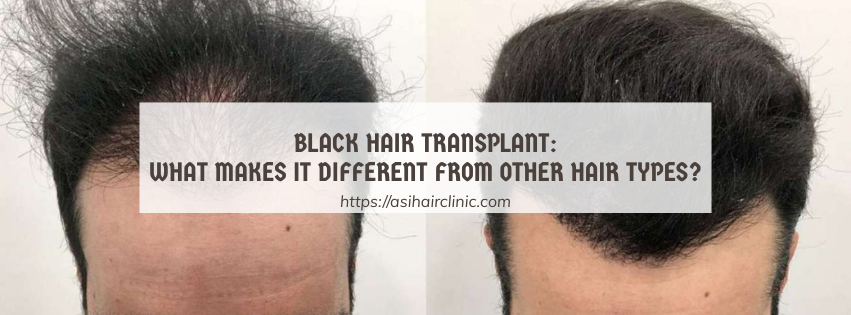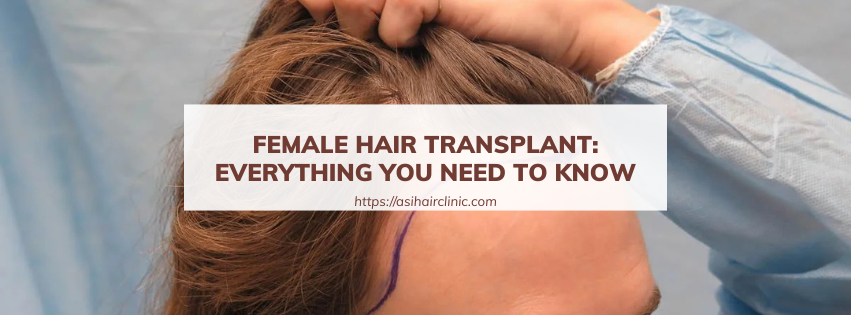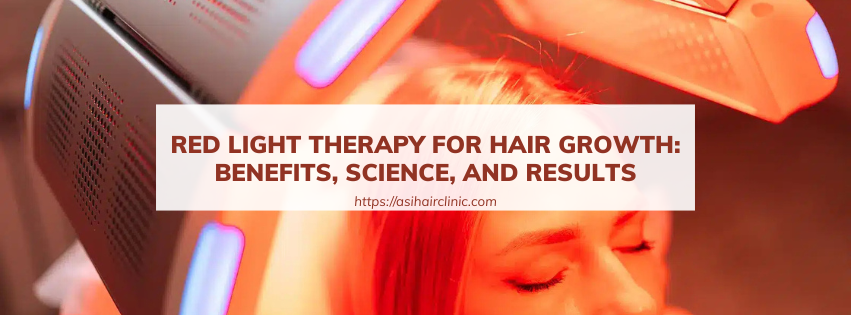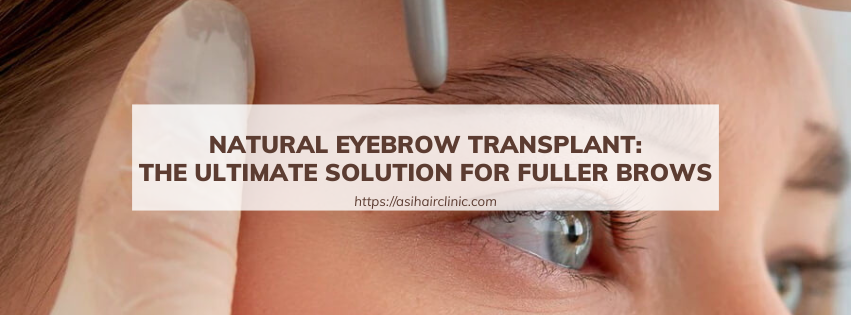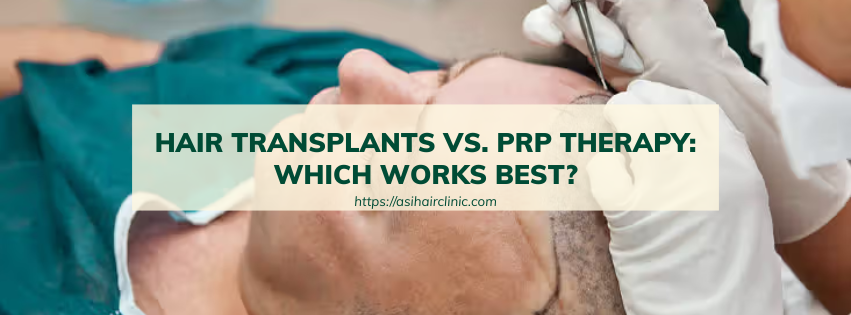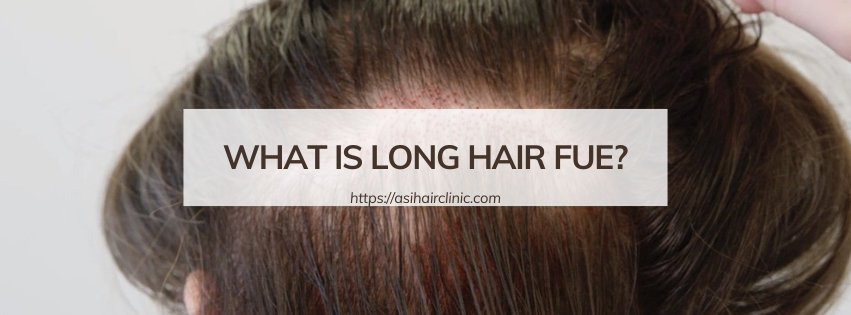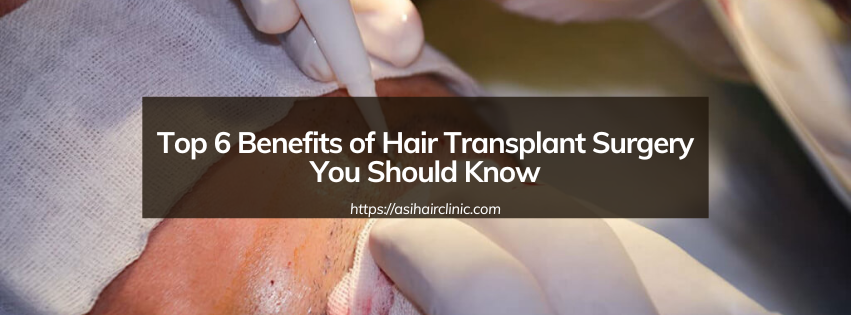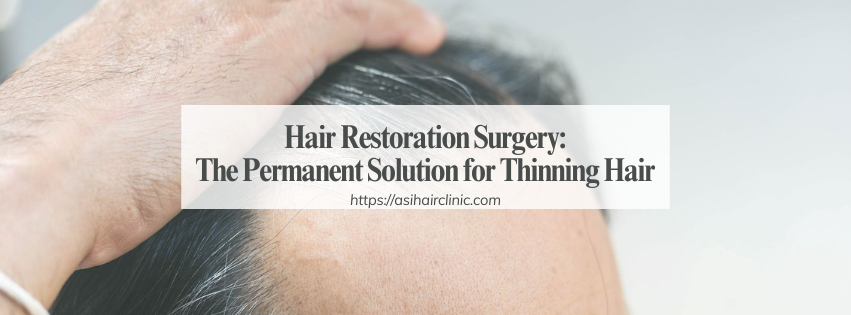Hair Loss and Menopause: How to Prevent It
Menopause is a pivotal phase in a woman's life, marking not only the end of reproductive years but also ushering in a range of physical and emotional changes. Among these often-overlooked changes is hair loss, which can significantly affect self-esteem and body image. While hot flashes and mood swings are often the focus of menopause discussions, it's crucial to shine a light on hair loss as an equally important symptom. This article delves into the complex connection between menopause and hair loss, exploring underlying causes, prevention strategies, potential treatment options, and how to embrace this journey with confidence.
1. The Intricate Connection Between Menopause and Hair Loss
Understanding the relationship between menopause and hair loss requires a multifaceted approach that considers hormonal changes, lifestyle factors, and emotional impacts.
1.1. Hormonal Changes and Their Impact
During menopause, women experience significant hormonal fluctuations, notably a decline in estrogen levels, which plays a critical role in maintaining hair health.
Estrogen is essential for hair growth because it promotes a healthy hair cycle by prolonging the anagen (growth) phase. When estrogen levels decrease during menopause, the hair cycle becomes disrupted, leading to increased shedding and thinning.
In addition to estrogen's decline, there's often a relative increase in androgens such as testosterone. Elevated androgen levels can result in hair follicles miniaturizing, contributing to conditions like androgenetic alopecia or female pattern baldness. Understanding this hormonal dynamic allows for a deeper appreciation of why hair loss occurs during menopause.
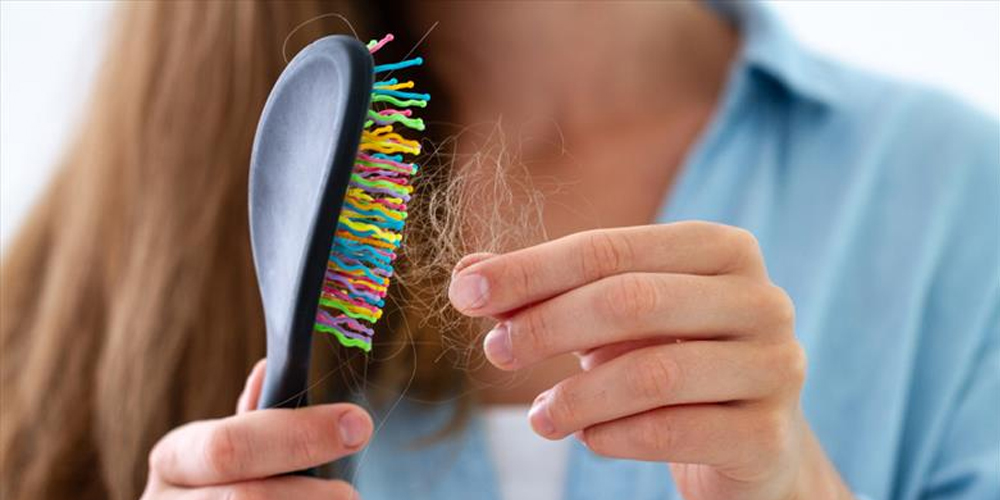
1.2. Genetic Predisposition and Other Factors
While hormonal changes are key players in menopausal hair loss, genetics also holds sway over individual experiences. Women with a family history of hair loss may find themselves more susceptible to this condition during transitions in their lives, including menopause.
Lifestyle factors further exacerbate hair loss. Nutritional deficiencies can weaken hair follicles; inadequate intake of vitamins and minerals such as iron, zinc, and biotin can lead to increased shedding. Moreover, stress-a common companion of menopause-can trigger hormonal imbalances that contribute to hair loss.
Recognizing the interplay of these factors is crucial for understanding how to approach prevention effectively.
1.3. Emotional Effects of Hair Loss During Menopause
The emotional toll of hair loss can be profound, impacting self-image and confidence. For many women, hair is closely intertwined with femininity and beauty, making its loss during such a sensitive time particularly challenging.
As women navigate the complexities of aging, societal pressures regarding appearance can amplify these feelings. The grief associated with changes in one's hair can lead to withdrawal from social situations and decreased overall well-being.
It's essential to acknowledge these emotional aspects while simultaneously focusing on practical measures to combat hair loss during menopause.
2. Prevention Strategies: Navigating the Path to Healthy Hair
Preventing hair loss during menopause is not solely about addressing hormonal changes; it encompasses a holistic approach that combines medical advice, lifestyle adjustments, and emotional support.
2.1. Hormone Replacement Therapy
Hormone replacement therapy (HRT) is one potential strategy to counteract the effects of declining estrogen levels during menopause. HRT aims to stabilize hormone levels, potentially lessening the impact of hair loss.
However, it's essential to consult with a healthcare professional before embarking on HRT, as it may come with side effects and risks that need careful consideration. A tailored approach, guided by medical expertise, ensures that the benefits can be maximized while minimizing potential complications.
2.2. Nutritional Optimization for Hair Health
Nutrition plays a pivotal role in hair health, especially during menopause. A balanced diet rich in essential nutrients can bolster hair follicles and promote growth.
Protein is vital for hair structure; incorporating foods such as eggs, fish, and legumes can provide amino acids necessary for producing keratin-the primary protein in hair. Iron-rich foods are also crucial, as deficiencies can lead to anemia, which exacerbates hair loss.
Zinc and biotin are other essential nutrients worth noting. They assist in maintaining robust hair follicles. Foods such as nuts and seeds provide these nutrients abundantly. Additionally, vitamin D has been linked to hair follicle function, reinforcing the importance of sunlight exposure and fortified foods in your diet.
A comprehensive nutritional plan allows women to take charge of their hair health during menopause.
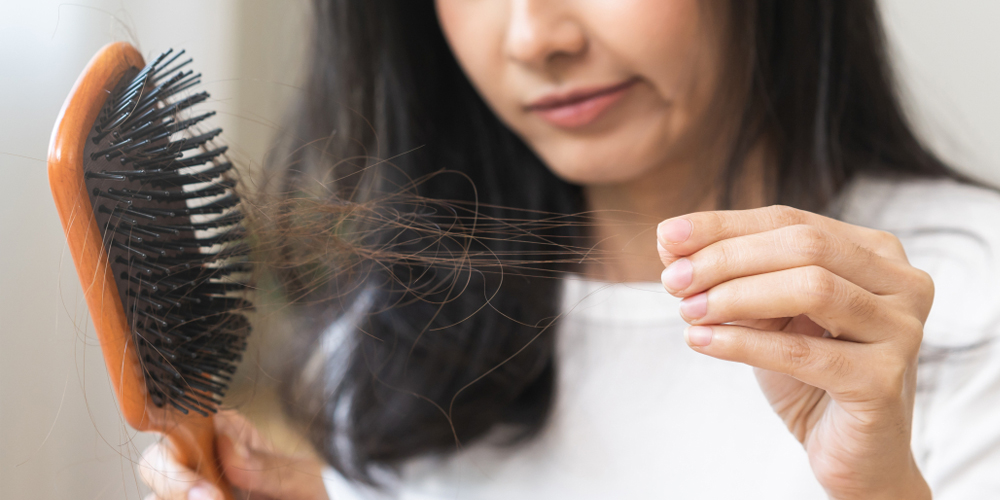
2.3. Stress Management Techniques
Managing stress is critical for preventing hair loss during menopause. Chronic stress induces hormonal changes that can accelerate hair shedding.
To mitigate stress, engaging in regular physical activity is beneficial, as exercise releases endorphins that promote relaxation. Mindfulness practices, meditation, and yoga offer avenues for cultivating inner calm and reducing anxiety.
Incorporating stress-reduction techniques into daily life creates a supportive environment for hair health, allowing women to navigate the emotional landscape of menopause with resilience.
2.4. Haircare Practices That Promote Growth
Gentle haircare practices are essential in preserving hair integrity. Avoiding harsh chemicals, limiting heat styling, and using sulfate-free shampoos can prevent unnecessary damage to fragile hair.
Regular scalp massages stimulate blood circulation to hair follicles, enhancing nutrient delivery and promoting growth. Choosing the right tools, such as wide-toothed combs, minimizes breakage during detangling.
Creating a thoughtful haircare routine fosters a nurturing environment for hair to thrive during this transitional stage.
3. Treatment Options for Managing Menopausal Hair Loss
When prevention strategies alone do not suffice, exploring treatment options becomes imperative. Various solutions cater to different types and severities of hair loss.
3.1. Topical Treatments and Medications
Minoxidil, commonly known as Rogaine, is a topical solution that stimulates hair growth and is effective for both men and women experiencing pattern baldness.
Another option is finasteride, often used in male pattern baldness, but it may also benefit women struggling with androgenetic alopecia. Both treatments must be approached cautiously, considering potential side effects and the need for thorough medical guidance.
3.2. Advanced Therapies
Platelet-rich plasma (PRP) therapy has gained attention in recent years for its innovative approach to hair restoration. By utilizing the body's own platelets, PRP stimulates hair growth through injected growth factors, promoting the health of existing hair follicles.
Low-level laser therapy (LLLT) is another non-invasive method that enhances blood flow and stimulates hair follicles. Studies indicate promising results, making it a viable option for those seeking non-surgical solutions.
3.3. Hair Transplantation and Surgical Solutions
For women facing significant hair loss, hair transplantation may present a permanent solution. This surgical procedure involves transferring hair follicles from denser areas to areas experiencing thinning.
While effective, hair transplantation requires careful planning and an understanding of expectations. Consulting with a qualified specialist ensures that patients receive personalized recommendations based on individual needs and circumstances.
3.4. Supplements and Specialized Shampoos
In conjunction with other treatments, various supplements and specialized shampoos are available to support hair growth. Ingredients like biotin, saw palmetto, or caffeine are often found in hair loss products, aiming to enhance scalp health and vitality.
While these options might not yield miraculous results on their own, they can form part of a comprehensive strategy for managing hair loss during menopause.
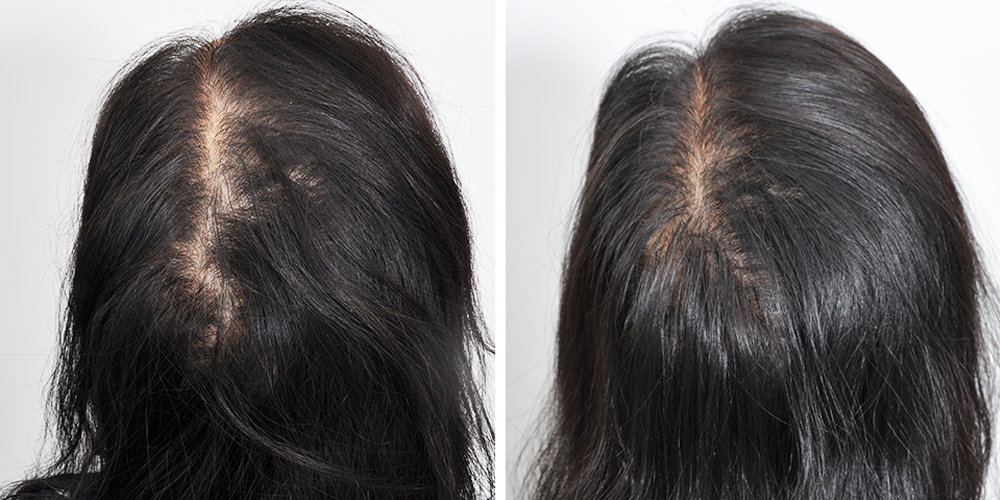
4. Embracing the Journey: Finding Confidence Amidst Change
Navigating hair loss during menopause can feel overwhelming, but embracing a positive mindset and seeking support can foster resilience.
4.1. Acceptance and Self-Compassion
Accepting hair loss as a natural aspect of aging can provide a sense of peace. Practicing self-compassion is key; it is important to remind oneself that worth extends beyond physical appearance.
Engaging in positive affirmations and surrounding oneself with supportive communities can help reinforce self-acceptance during challenging times.
4.2. Connecting with Others
Sharing experiences with friends, family, or support groups can alleviate feelings of isolation. Hearing stories from others who have faced similar challenges can provide valuable insights and encouragement.
Online forums and local support groups dedicated to women's health can serve as invaluable resources for connection and understanding.
4.3. Exploring New Styling Options
Embracing new hairstyles can be empowering. Experimenting with hair products, styling techniques, or even temporary solutions like wigs or hair toppers can boost confidence.
A change in hairstyle can signify a new chapter, encouraging women to express themselves creatively even when facing hair loss.
4.4. Prioritizing Holistic Wellness
Focusing on overall well-being profoundly impacts mental and emotional health. Incorporating a well-rounded approach that emphasizes a balanced diet, exercise, and mindfulness contributes to improved hair health and resilience.
This holistic perspective highlights the interconnectedness of physical and emotional wellness, creating a foundation for navigating the challenges of menopause gracefully.
4.5. Patience and Persistence
It's essential to remember that hair loss treatments may take time to manifest results. Being patient throughout the process encourages a sustainable approach.
Tracking progress, celebrating small victories, and maintaining a proactive attitude empowers women to remain focused on their goals despite setbacks along the way.
Conclusion
Hair loss during menopause is a common yet often overlooked symptom that merits attention and understanding. By delving into the underlying causes, implementing preventative measures, and exploring diverse treatment options, women can effectively manage this challenge and maintain their confidence and well-being.
LATEST POSTS

